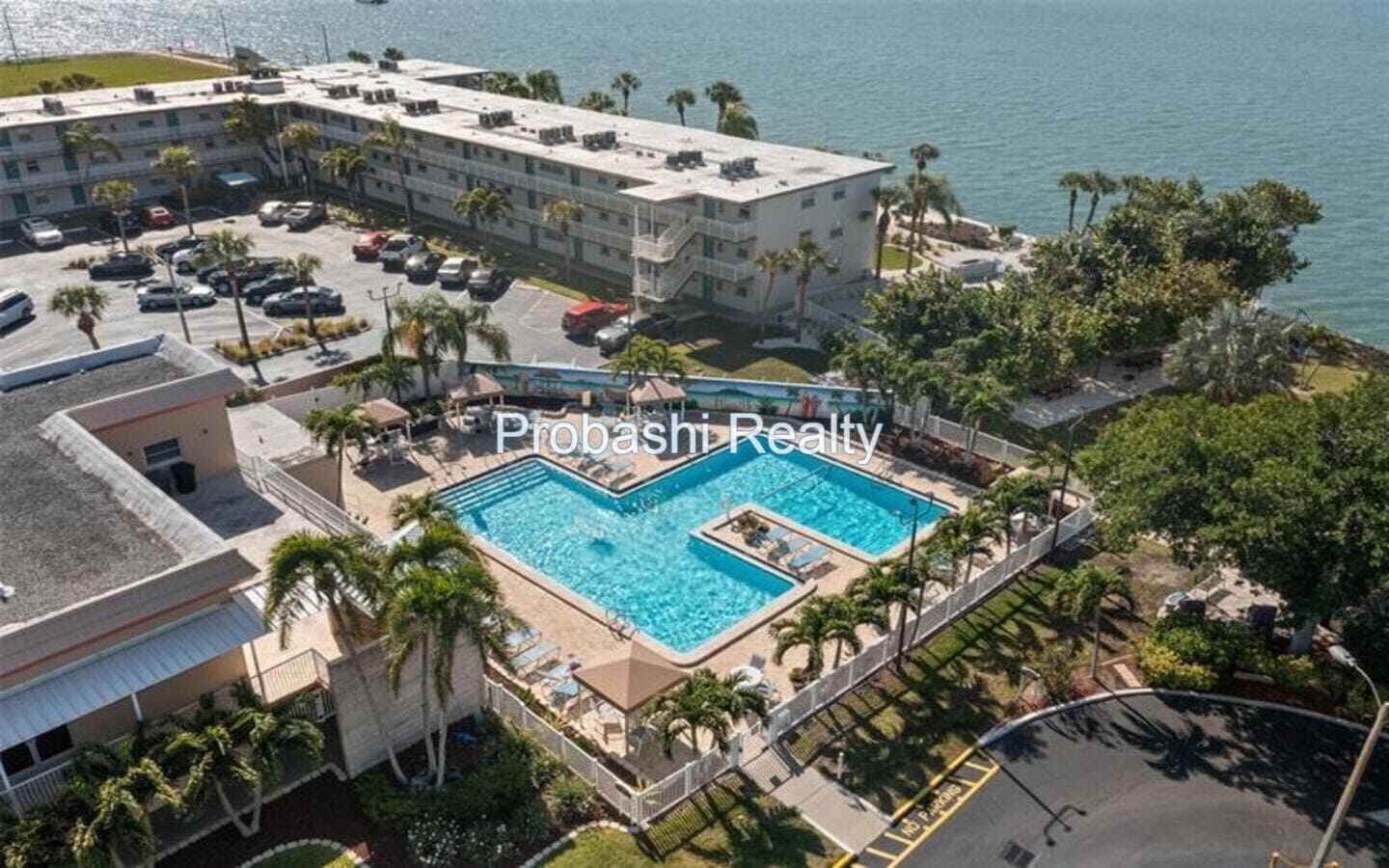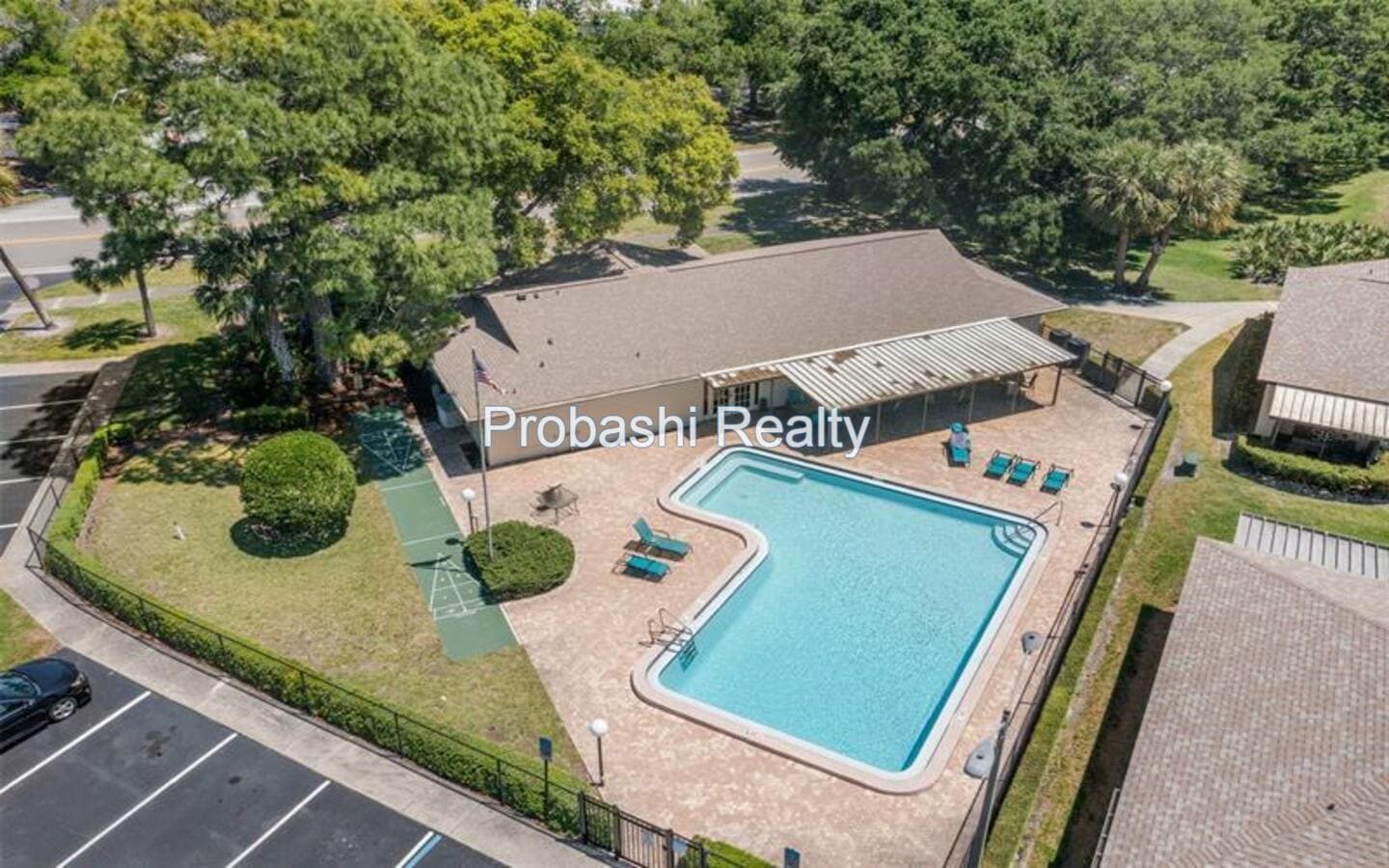Here are some major banks in New Zealand. The banking sector in New Zealand includes both local and international banks. The following list includes some of the prominent banks:
- ANZ Bank New Zealand
- ASB Bank (ASB)
- Bank of New Zealand (BNZ)
- Westpac New Zealand
- Kiwibank
- TSB Bank
- The Co-operative Bank
- SBS Bank
- Heartland Bank
- Rabobank New Zealand
This list is not exhaustive, and there are other banks, credit unions, and financial institutions operating in New Zealand. Additionally, new developments may have occurred since my last update, so it’s advisable to check the latest information for the most up-to-date list of major banks in New Zealand.
Here’s a general overview of the mortgage process for both non-resident and local property buyers in New Zealand. Specific details can vary, and it’s crucial to consult with a mortgage professional for the most accurate and up-to-date information:
For Non-Resident Property Buyers:
-
Legal Requirements:
- Non-residents may need to obtain consent from the Overseas Investment Office (OIO) before purchasing property.
-
Choose a Bank:
- Select a New Zealand bank that provides mortgages to non-residents. Major banks such as ANZ, ASB, and others may offer such services.
-
Financial Assessment:
- Provide proof of income, employment contracts, and other relevant financial documents.
- Some banks may require a larger down payment from non-residents.
-
Property Valuation:
- The bank may conduct a property valuation to assess its market value.
-
Down Payment:
- Non-residents may be required to make a larger down payment compared to local buyers.
-
Mortgage Application:
- Complete the mortgage application form and submit necessary documentation, including identification, income proof, and property details.
-
Loan Approval:
- The bank reviews the application, conducts credit checks, and approves the mortgage if the borrower meets the criteria.
-
Legal Process:
- Engage a solicitor or conveyancer to handle legal aspects, including property searches and drafting the purchase agreement.
-
Property Registration:
- Complete the property registration process with the local authorities.
-
Repayment:
- Start making monthly mortgage payments based on the agreed-upon terms.
For Local Property Buyers:
-
Financial Assessment:
- Provide proof of income, employment contracts, and other relevant financial documents.
-
Down Payment:
- Determine the required down payment, which may vary based on the location and property type.
-
Mortgage Application:
- Complete the mortgage application form and submit necessary documentation.
-
Property Valuation:
- The bank may conduct a property valuation to assess its market value.
-
Loan Approval:
- The bank reviews the application, conducts credit checks, and approves the mortgage if the borrower meets the criteria.
-
Legal Process:
- Engage a solicitor or conveyancer to handle legal aspects, including property searches and drafting the purchase agreement.
-
Property Registration:
- Complete the property registration process with the local authorities.
-
Repayment:
- Start making monthly mortgage payments based on the agreed-upon terms.
Important Considerations:
-
Interest Rates: Keep in mind that interest rates may vary, and fixed-rate or adjustable-rate mortgages may be available.
-
Government Regulations: Be aware of any government regulations that may impact the mortgage process.
-
Currency Exchange: For non-residents, consider currency exchange rates if income is in a different currency.
It’s crucial to work with professionals, including real estate agents, mortgage brokers, and legal advisors familiar with the local regulations and market conditions. Additionally, since the New Zealand real estate market and regulations can evolve, it’s advisable to check for any updates or changes.













